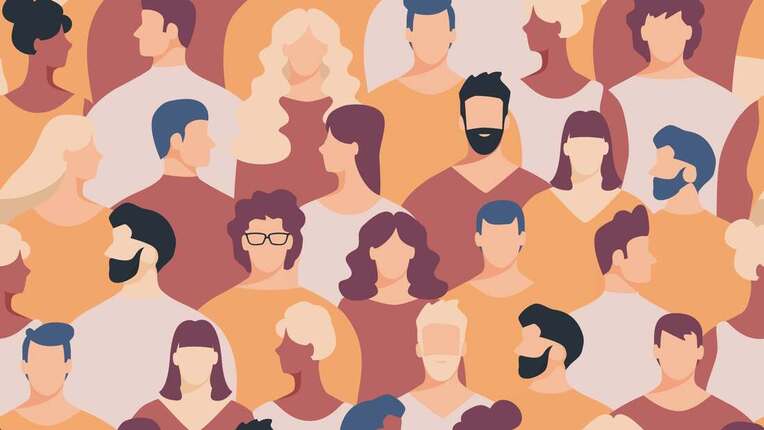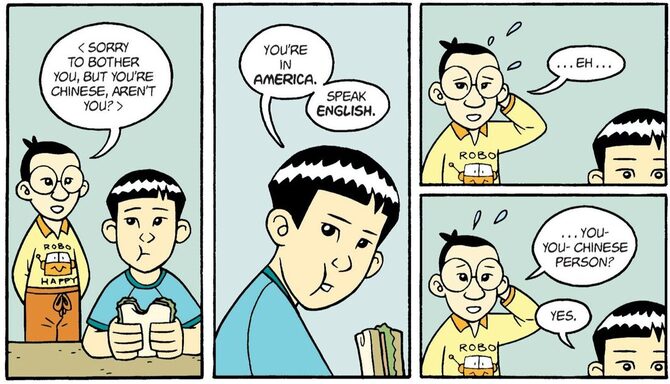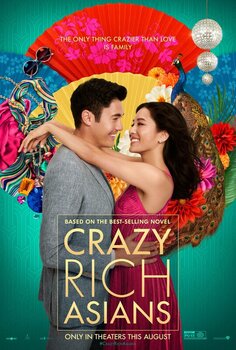|
August 28, 2020 / Source: The Bizz USA By Isabelle Sitchon; Edited by Pallavi Vemuri and Haarika Kalahasti I’ve always wondered why my second grade teacher looked at me in utter disappointment when she handed back my reading test with the number “38” written in red ink on the top left corner. She had walked off with a heap of papers in her hand, not saying a single word to me. I glanced down at the red number in shame, wondering why my teacher placed the rest of the tests face up on all of the other kids’ desks and spoke soft words of encouragement to my friends who had the same grade as me. Come fourth grade orientation, my teacher laughed with my parents about how she was looking forward to me becoming an A+ student in her class. Then, fast forward a few years: I arrived at high school, my heart thrummed erratically, as it became filled with worries and expectations for what’s supposed to be the best 4 years of my life. On the third day of freshman year, the first thing I heard when I walked into my geometry class is, “You’re smart. Can I see your homework from last night?” From a young age, I didn’t quite understand why the people in my life would hold my intelligence against me-- as if it was the only good thing going for my life. When my classmates saw me freaking out over a psychology midterm, they would reassure me by saying, “You’re Asian, you got this!” In my Filipino church, I would get asked the question, “Are you going to nursing school soon?”, every sunday. Even my Asian friends would joke around with each other about not “meeting the Asian standard” because they couldn’t maintain an A in chemistry. In all those years of normalizing and accepting those remarks, I didn’t realize that we were contributing to the Model Minority Stereotype, and that these expectations were harming my identity as an Asian-American. What is the Model Minority Stereotype? The term “model minority” characterizes a population as the ideal minority group; its members are believed to attain a higher socioeconomic success, contrasting with other minority populations. In simpler terms, people associated in this group are held to a higher standard of independence and intelligence among society. This concept is most often directed towards Asian-Americans. Stereotypes such as an Asian “becoming a doctor when they grow up” or “getting straight A’s” are all a part of the model minority stereotype. Here are more instances of micro-aggressions based on stereotypes:
Why Should We Call it a Myth? At first, people may say, “what’s so bad about being seen as smart or hardworking?” You’re considered as a role model for others, and you wouldn’t have to worry about getting into a good college, because your future is laid out for you. In reality, these racial prejudices are dangerous towards the Asian-American community, as it can place unreasonably high standards of both success and failure. Regardless of how positive these images of Asian-Americans may seem, a stereotype is still a stereotype. Depicting a racial group as the “model minority” shouldn’t be perceived as a truth, but as a myth instead. But why exactly is the model minority stereotype so harmful?
It’s time to stand up and strip the name of “model minority” off of Asian-Americans. In a world where we continually face racial discrimination even today, society needs to take a stand and speak up. It’s not the time to stay silent not only on matters on Asian-Americans, but all people of color.
1 Comment
anonymous
9/5/2020 06:51:24 am
Thank you for sharing this wonderful article! Definitely needed this.
Reply
Leave a Reply. |
Our WritersHaarika Kalahasti Archives
September 2021
Categories |





 RSS Feed
RSS Feed